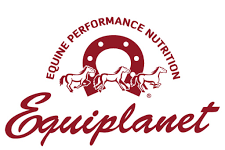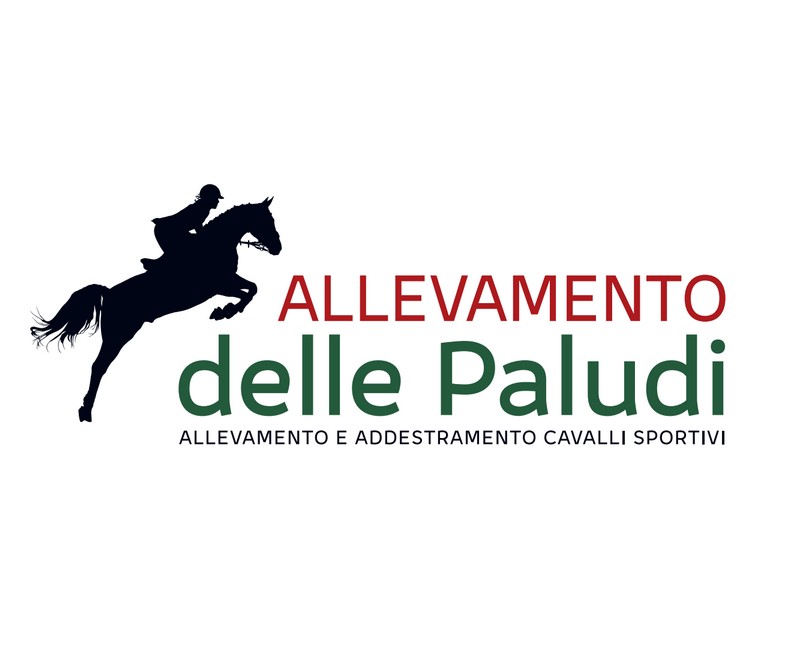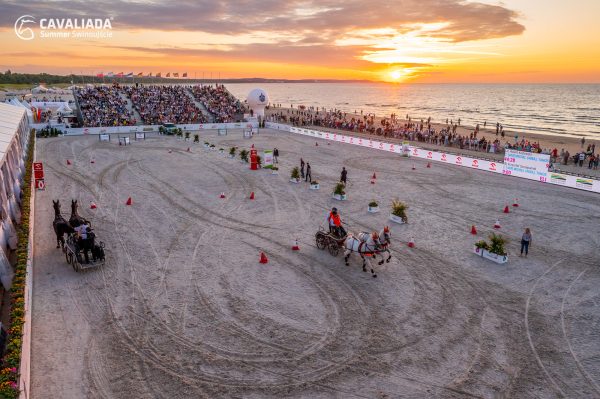
Veterinary tips by Clinica Piola: travelling horses in hot weather
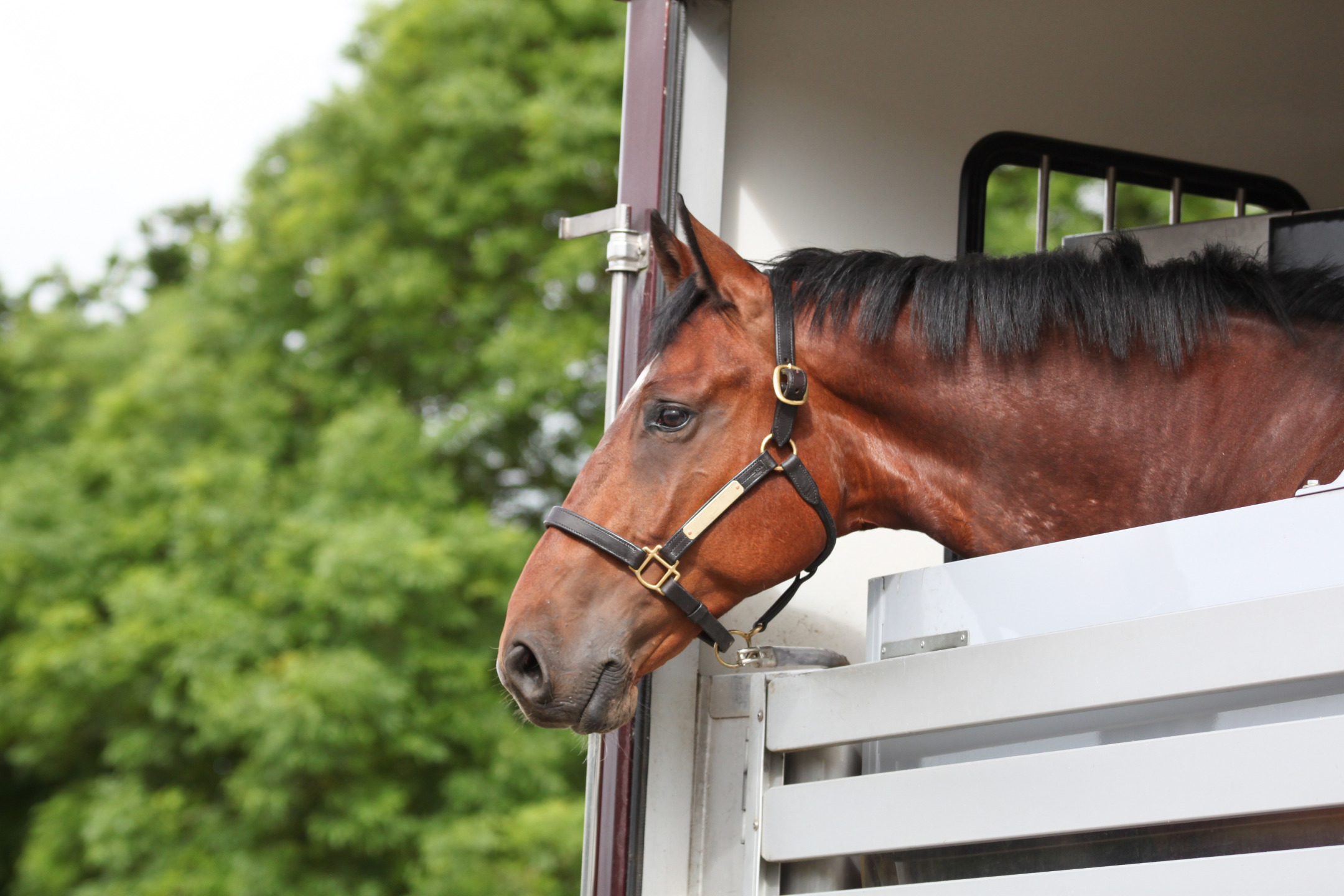
What does a horse need when travelling?
The vets at Clinica Veterinaria Piola took us through the correct stages in which travelling horses should be transported during hot summer days, ensuring the well-being of horses during transportation.
Horses are sensitive animals that can suffer from heat stress if not provided with proper care and attention. Whether you’re heading to a competition, trail ride, or relocating your equine companion, implementing the right measures for horse transportation during hot weather, is crucial. The proper management of transportation, which includes well-ventilated trucks equipped with fans, is essential
Schedule a training program before travelling horses
A crucial point during the preparation of a longer journey is to also schedule and monitor a training program, in order to prepare the horses in the right way, this means that horses should do their “heavy training” such as jumping 36 hours prior to start a journey in order for them to recover properly for the upcoming trip.
This article will delve into essential tips to keep your horses cool, comfortable, and safe during travel on those sweltering summer days.
- Plan the Journey Wisely
Timing plays a crucial role in horse transportation during hot weather. Aim to schedule your trips during the cooler parts of the day, such as early mornings or late evenings, to avoid the peak heat. Plan the route ahead of time, taking into account shaded areas and places where you can stop for water breaks.
- Adequate Ventilation and Airflow
Ensure your horse trailer is equipped with proper ventilation to allow for sufficient airflow. Open windows, vents, and roof hatches can help facilitate air circulation, reducing the buildup of heat inside the trailer. Avoid traveling with the windows closed, as this can lead to stuffy and uncomfortable conditions for your horses.
- Water and Hydration
Hydration is vital during hot summer days. Offer your horses plenty of water before and during the journey. You can use water buckets or hanging water bags inside the trailer, ensuring they are securely fastened to prevent spills. Frequent stops to offer water and allow your horses to take short breaks will help maintain their hydration levels.
One crucial aspect to consider when transporting horses to hot destinations and/or during hot days is to avoid IV fluids, because this can induce urination. Doing so could lead to potential issues as not all horses are able to urinate inside the horse trailer or truck, causing unnecessary stress and discomfort.
- Shade and Sun Protection
Parking the trailer under the shade whenever possible is an excellent way to shield your horses from direct sunlight and reduce heat absorption. If shade is unavailable, consider using reflective or light-colored trailer covers to minimize heat absorption and radiation. Additionally, invest in quality fly masks and light-colored sheets to protect your horses from harmful UV rays and pesky insects.
- Shorter Travel Durations
Minimize travel time, especially during extremely hot days. Long journeys in high temperatures can put extra stress on horses, increasing the risk of heat-related issues. If your destination is far away, consider breaking the journey into shorter legs with sufficient breaks in between.
- Monitor Your Horses
During the trip, periodically check on your horses’ well-being. Keep an eye out for signs of heat stress, such as excessive sweating, rapid breathing, or lethargy. If you notice any concerning symptoms, stop immediately, provide water, and consider contacting a veterinarian.
Conclusion
Proper horse transportation during hot summer days requires careful planning and consideration of the animals’ well-being. Implementing these essential tips, such as adequate ventilation, frequent water breaks, shade provision, and shorter travel durations, will help ensure your horses stay cool, comfortable, and safe throughout the journey. By prioritizing their health and comfort, you can embark on your summer equestrian adventures with confidence and peace of mind, knowing that your horses are well-prepared for their journey.
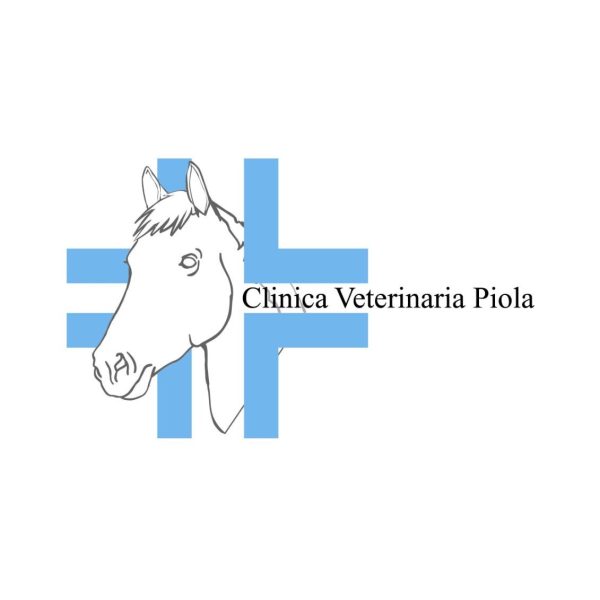
Article written in collaboration with Dott.ssa Barbara Garbagnati – Clinica Veterinaria Piola
© Rights Reserved.


